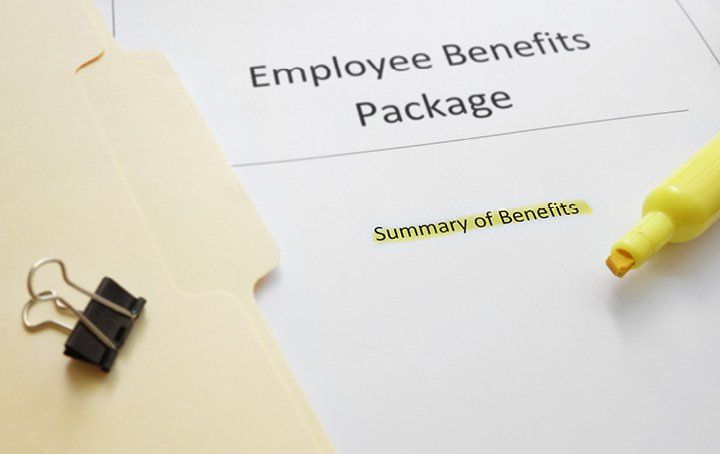Why the ATO is targeting babyboomer wealth

“Succession planning, and the tax risks associated with it, is our number one focus in 2025. In recent years we’ve observed an increase in reorganisations that appear to be connected to succession planning.” ATO Private Wealth Deputy Commissioner Louise Clarke.
The Australian Taxation Office (ATO) thinks that wealthy babyboomer Australians, particularly those with successful family-controlled businesses, are planning and structuring to dispose of assets in a way in which the tax outcomes might not be in accord with the ATO’s expectations.
If you are within the ATO’s Top 500 (Australia's largest and wealthiest private groups) or Next 5,000 (Australian residents who, together with their associates, control a net wealth of over $50 million) programs, expect the ATO to be paying close attention to how money flows through the entities you control.
A critical issue for many business owners is how to effectively (and compliantly) benefit from a successful business. In many cases, the owners have spent years building the business and the business has become not only a substantial asset, but a lucrative source of income either through salary and wages, dividends, or through the sale of shares or assets. Generally, under tax law, you can legitimately structure assets if there is a good reason to do so - like for asset protection, but if you tip across the line and the only viable reason for a structure is to reduce tax, then you risk the ATO taking a very close look at your operations or worse, denying any tax benefits under the general anti-avoidance rules in Part IVA of the tax rules, designed to combat “blatant, artificial or contrived” tax avoidance activities.
“We’re seeing that succession planning behaviour is primarily done by group heads who are approaching retirement. They typically own groups that family members are a part of, and wealth is transferred to the next generation to keep it within the family (via trusts and other means),” ATO Private Wealth Deputy Commissioner Louise Clarke said in a recent update.
Key areas of concern include:
• Division 7A loans being settled. That is, a company has been paying money to a shareholder or an associate under a loan account. The ‘loan’ is quickly settled, often via a distribution, to remove it from the accounts.
• Assets moving around the group (often the true value of an asset is not recognised raising the question, why the change if not to avoid capital gains tax on disposal or for some other benefit).
• Family member interests being restructured.
• Trust deeds being amended.
• A restructure is cited as a reason for late lodgment.
Use of trusts
Trusts are also a key area of concern in 2025. Where a trust which has made a family trust election (FTE) or interposed entity election (IEE) makes a distribution outside of the family group, a 47% Family Trust Distribution Tax applies (tax at the top marginal tax rate plus Medicare).
In addition, the ATO has recently tightened its approach to trust tax returns for closely held trusts to ensure that trustee beneficiary (TB) statements are being completed. These are required when a trust makes a distribution of income or assets to the trustee of another trust, unless an exclusion applies.
For example, a trust which has made an FTE or IEE doesn’t need to make a TB statement. The TB statement will then be used to cross reference against what the beneficiary has declared in its tax return. Where a valid TB statement is not made on time this can trigger a hefty 47% Trustee Beneficiary Non-Disclosure Tax.
Reducing risk
Where you or your family have control over multiple entities, particularly where the value of these entities is significant, it is important that the connections between these - be it in Australia or overseas - are looked at closely to avoid any nasty surprises or lost opportunities.
Transferring control of your business may involve restructuring your business operations – changes to share structures, changes to the trustee and appointor of a trust, changes to partnership structures – or transferring assets to family members via the creation of trusts or other entities. All these events have legal and tax implications that need to be carefully considered. End.
Contact us to assist you with your succession and tax planning.
Need Help with your Business, Bookkeeping, Tax or SMSF requirements?
If you would like a little help, please get in touch with us for assistance. We can help with your business, bookkeeping, tax and SMSF requirements.
Please also note that many of the comments in this publication are general in nature and anyone intending to apply the information to practical circumstances should seek professional advice to independently verify their interpretation and the information’s applicability to their particular circumstances. Should you have any further questions, please get in touch with us for assistance with your SMSF, business, bookkeeping and tax requirements. All rights reserved. Brought to you by RGA Business and Tax Accountants. Liability Limited by a scheme approved under Professional Standards Legislation.















